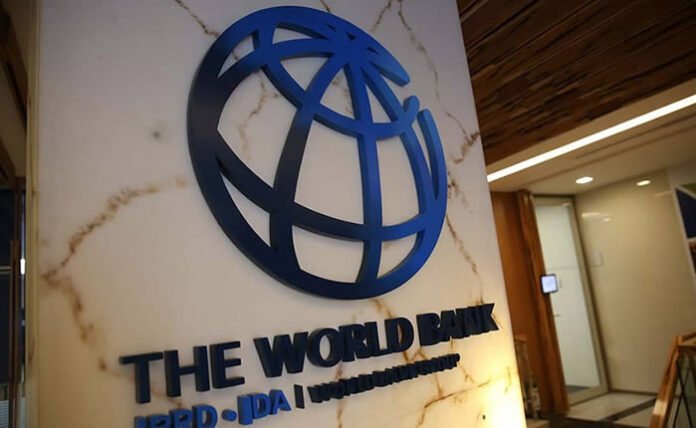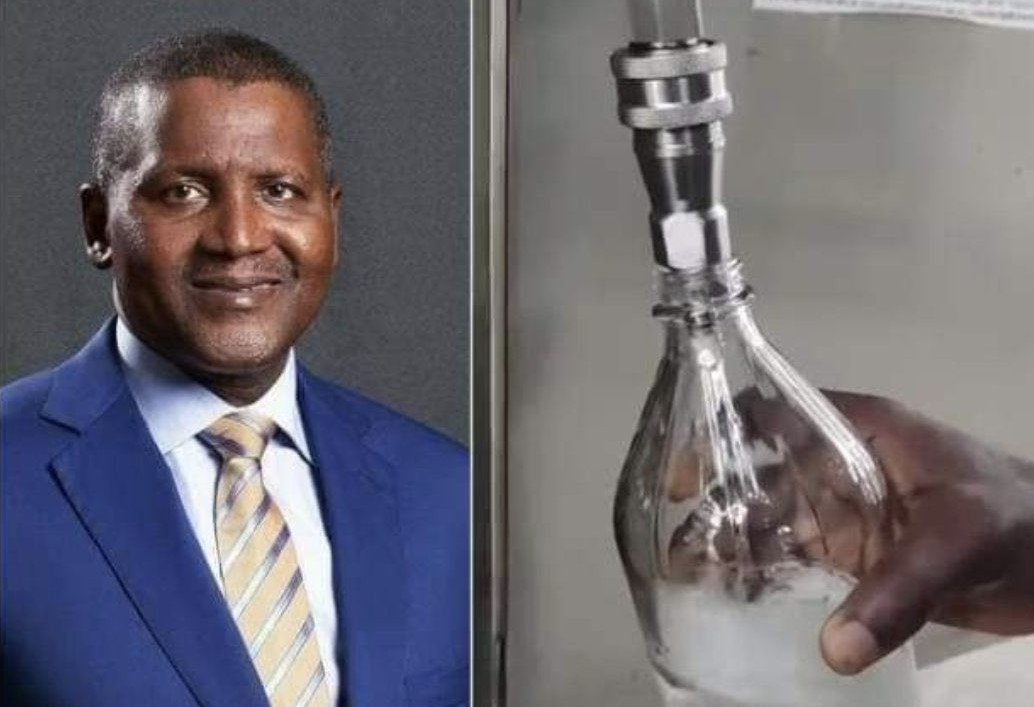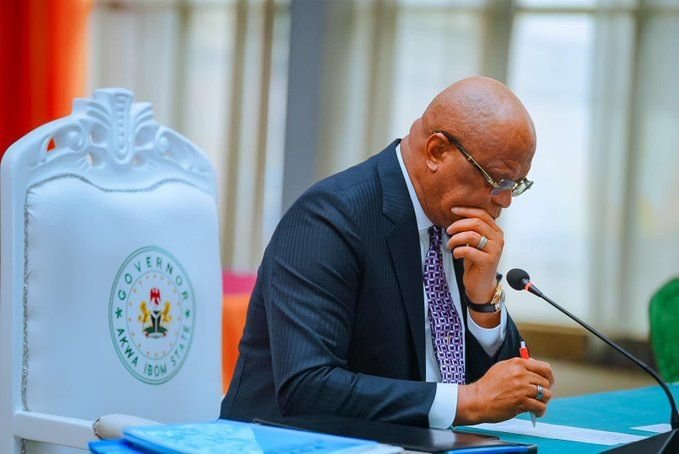The World Bank has cautioned the Tinubu administration of the risks of plunging additional 7 million people into poverty if the right steps are not taken to protect the vulnerable from the economic shocks of the end of the petrol subsidy regime.
Alex Sienaert, World Bank Lead Economist for Nigeria was dissecting the Nigeria Development Update (NDU) report just released on Tuesday in Abuja by the Washington-based global financial institution.
Sienaert said already at least 4 million people entered the poverty trap in the first six months of 2023, possibly bringing the total to 11 million by the end of the year.
He said although the petrol subsidy removal and the foreign exchange (FX) reforms were critical steps towards addressing long-standing macroeconomic imbalances, “compensating transfers will be essential in helping to shield Nigerian households from the initial price impacts of the petrol subsidy reform.”
“Without compensation, many households could be pushed into poverty by higher petrol prices and forced to resort to coping mechanisms with long-term adverse consequences, such as not sending children to school, or not going to health facilities to seek preventative healthcare.
“To build on the immediate major reforms and seize the opportunity to rise to its potential, Nigeria still has other urgent choices to make”, he said.

But in his brief remark, the president’s special adviser on monetary policy, Wale Edun explained there were ongoing discussions with relevant stakeholders on how to cushion the impact of subsidy removal.
“There’s a discussion on the cost of governance, and there’s are discussion on using CNG to have a cheaper fuel that can be used. There’s one group that is looking at mass transit, they’re looking at housing, and ultimately, there’s a group looking at the social sectors, housing and education; all within the context of discussing the response to the fact that fuel subsidy has been removed,” Edun said.
But analysts wonder why such discussions were not had and measures put in place before ending the subsidy.
The latest world poverty index ranks Nigeria as the 33rd poorest country in the world with a poverty rate of 40.1%
Do you like this story? Please comment, share, Like 👍 & Follow us on our social media handles







